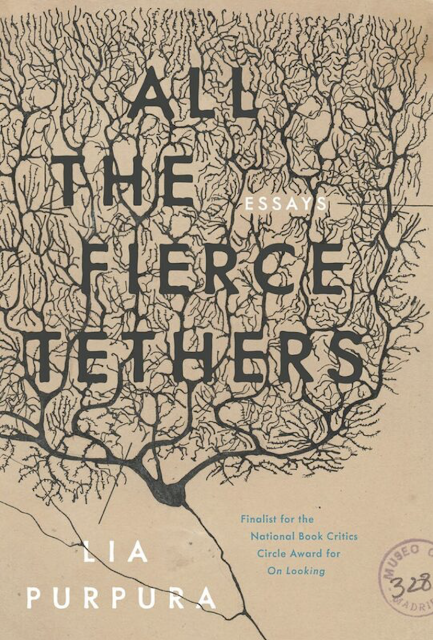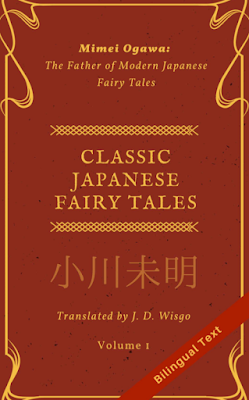"All the Fierce Tethers" by Lia Purpura (published 2019)
There is an immediate sense of Lia Purpura's poetic intellectualism presented right within the first page of "All the Fierce Tethers". She begins with an analysis of screaming: what it is and what it is not, what it consists of, its meaning or lack of it. Then Purpura goes right into Edvard Munch's "The Scream". There is much more to this first essay, but already within these two topics she uses Deconstruction as a philosophical tool and then begins to present examples of what Walter Benjamin wrote about in his brilliant, seminal essay, "The Work of Art in the Age of Mechanical Reproduction" (i.e. Edvard Munch's "The Scream" reproduced on magnets, on coffee mugs, on blankets. Where does its meaning - as a work of art - go? There is an important *lack* to be understood.)
Whether Purpura knew whether or not she was doing what I say she is doing doesn't really matter. It doesn't matter because "All the Fierce Tethers" is a very authentic style of "off-the-cuff" writing. And even here I'll borrow from the book: Purpura likes to break down phrases and sayings that many of us take for granted. "Off-the-cuff", for example, comes from the act of a presenter not being prepared for his presentation, using notes written on his cuffs to present his work. I don't actually mean it in such a way in relation to Purpura's book of essays. What I mean is that she writes in a style that is conversational, yet meditative, spontaneous yet not lacking depth or perspective. Though she uses philosophical tools, she is not writing philosophy here. She is a writer: pure and simple. It is "off-the-cuff" because her writing seems unconstrained. Her writing seems *free*.
What I like about this book is that I understand it. At least I think I do.
"Never minding makes it possible to do things like eat what you want, and talk about simple, daily things... a scream is not speech." - from "Scream (Or Never Minding)
Themes covered within "All the Fierce Tethers": screams, the staged appearance of nature photography (and what really goes on while the subjects pose and wait to pose), how to use the *right* words to describe organic visions from memory ("entry cove", "bright spun", "after a fire"), the myriad meanings of the symbol of the eagle - and asking that we let the eagle be; it does not have to mean what we've made it to mean (when in fact we should know a bit more about the animals tendencies of thievery), the murder of a girl hardly anyone knew (yet how was she still a part of your existence?), on coincidences that you dare not tell anyone because they, perhaps, are a gift only for you, the idiocy, and moreover, inadequacy of phrases we use daily to describe things like the "food chain" (if you really think about it, it isn't a chain at all - it's more like an ecosystem), the stubborn insistence of weird, gnarly trees, the use of metaphor on every level imaginable, things that don't fall into the category of beauty, why irony is awful (mostly because it's contrived), the formations of words via a study of snow and other things, murders and what they mean for people on either side of town, shadows (their appearance and disappearance)... and the last two I think are about nothing but poetry, I must read it all again.
It's about all those things, but of course, Purpura's unstained magnifying glass of a mind illuminates with a very particular generosity that no one but you can read, and no one but her can give to you. If you're feeling sad one day you might like to pick this one up. I'd like to write one like this similarly, though I'd start with "cry" rather than scream, because that may be just where I start. When someone writes a book as personal as this I'm inclined to say humanity is unworthy to read it at all. Then again, most are too distracted to think of doing anything of the kind anyway.




Comments
Post a Comment